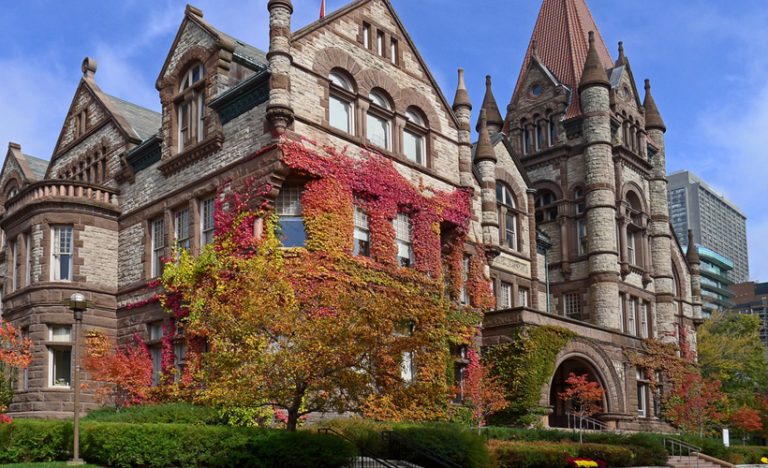Studying in the United States or Canada is a common choice for international students. This leaves many students from other countries with the age-old debate: Should they go to the United States or Canada? There has been a recent uptick in the number of international students enrolling in universities in the United States and Canada. Each country has its own unique advantages and disadvantages for students looking to further their education.
Most American and Canadian institutions require applicants to have completed 12 years of schooling and taken the SAT or ACT if they wish to enrol in undergraduate programmes.
However, graduate school eligibility requirements might vary widely from one nation to the next. It really is dependent on the course of study you decide to go into. College admission in the United States typically needs test results (GRE/GMAT, TOEFL/IELTS, etc.) in addition to grades. The GRE and GMAT are less important in Canada than your grade point average and your IELTS or TOEFL scores. This means that entry to Canadian universities is less competitive.
Requirements for Obtaining a Visa
The application procedure for a visa to enter the United States is notoriously time-consuming and difficult, requiring much documentation, careful review, and a good deal of waiting. International students are encouraged to study in Canada since the visa application procedure is quicker and less cumbersome than in other countries.
In addition, after finishing their degrees at a Canadian university, overseas students are welcome to remain in the country and look for work. Depending on the length of their programme, international graduates of Canadian post-secondary institutions are eligible to remain in the country for up to three years in order to work. However, foreign students studying in the United States on an F-1 visa are permitted to work for up to a year in a temporary position that is closely relevant to their field of study.
Criteria for Eligibility
The admissions procedure and eligibility requirements for overseas students to obtain an education in the United States and Canada are quite similar. However, there are some significant variations that make it significantly simpler to obtain admission to Canadian institutions than American ones. The minimum required schooling years for a bachelor’s degree in the United States and Canada are 18 and 12, respectively. Those looking to enrol in master’s degree programmes in either Canada or the United States must have completed 16 years of schooling or its equivalent. Specifically, this necessitates the completion of a bachelor’s degree programme in four years.
Baccalaureate Program Admissions Tests: International students who want to get a bachelor’s degree in the United States must take either the SAT or the ACT. There is no requirement for SAT/ACT scores in order to enrol in a bachelor’s programme in Canada.
To enter a master’s programme in the United States, you must have taken the Graduate Record Examination (GRE). While not needed by all schools, GRE results are typically requested by those seeking admission to US colleges from outside the country. However, GRE results are not needed for admission to master’s programmes in Canada. Almost no programmes in Canada need GRE scores from applicants from outside the country.
Prospects for Gainful Employment
Career prospects are one of the most essential benefits of studying abroad. Management executives, doctors, dentists, programmers, bankers, advertisers, and stockbrokers are among the top-paying industries in the United States. On the other side, positions like construction managers, architects, engineers, architects, financial managers, pharmacists, nurse practitioners, and computer programme analysts are highly sought after in Canada.
International students studying in Canada have a leg up on their American counterparts because of Canada’s Post-Graduation Work Permit programme (PGWP). Canada’s immigration system has a provision called a “post-graduation work permit” that lets international students work in the country for up to three years after they graduate. It’s a stepping stone to citizenship and permanent residency.

